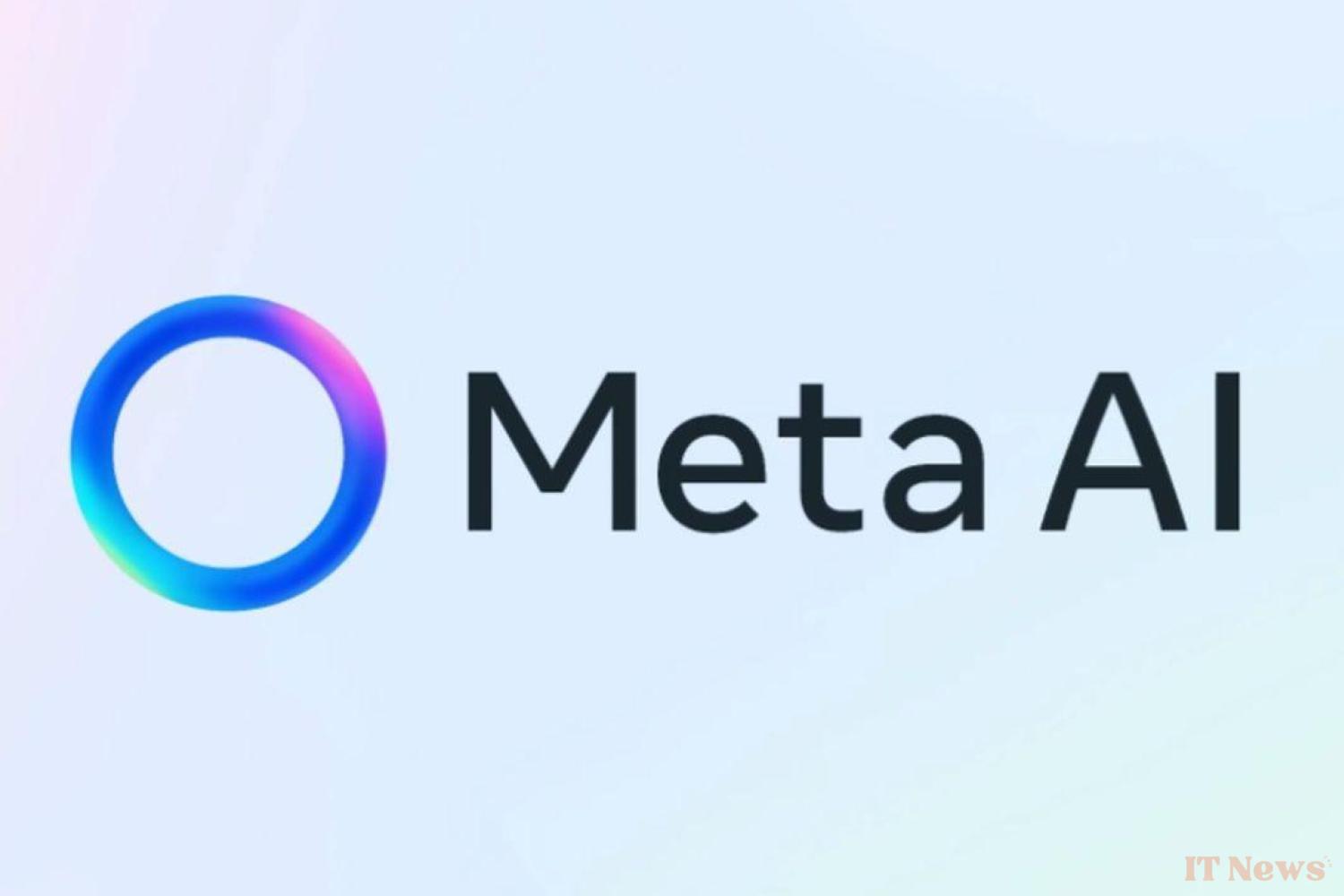Like most big names in tech, Meta has established itself as a major player in artificial intelligence research. However, its work is less well-known to the general public than that of OpenAI, for example, because unlike the latter, it has never made its work available through an application like ChatGPT, which continues to dominate the first place in the Google Play Store. However, Mark Zuckerberg's stable seems determined to reverse the trend; according to CNBC, it will soon release its own standalone application.
For those unfamiliar with this ecosystem, chatbots such as ChatGPT are built around AI models, which can be likened to large ensembles of artificial "neurons." They must be trained beforehand by feeding them data. At the end of this training process, we obtain a set of weights and biases, numerical values that define the importance of the links between the different virtual neurons that make up the network. It is from these values that we can then move on to the inference stage, which consists of generating new data, for example the answer to a given question.
Applications, pillars of the current ecosystem
To allow users to exploit these models, developers make them (sometimes) available in the form of large packages of weights and biases, which must be downloaded to carry out the inference process locally or on a server. But knowing the economic stakes, many specialized companies do not wish to share these parameters. This inference process is then carried out on private servers that host the different models. They accept the text query formulated by the user, process it, and then return a response either through an application or a web interface, without the user being able to access all the cogs of the machine.
Dedicated applications, in particular, enjoy great popularity, because they offer easy and quick access to these models. To be convinced of this, just look at the success of the ChatGPT application, which has been at the top of downloads on several platforms such as Google Play for many months. Meta, for its part, has created an interface called Meta AI, which is accessible through platforms such as Facebook and Whatsapp.
WhatsApp will support Meta AI, and that changes everything
But this is a way of doing things that is less and less popular with the public, who have become accustomed to working with individual applications. A shortcoming that does not help the company to promote its Llama models.
A Meta AI app as early as the spring?
To reverse the trend, it has therefore decided to imitate OpenAI by designing its own mobile application. For the company, this will be both a way to consolidate its user base… and also to monetize this service, as OpenAI already does with its paid plans.
According to sources close to the matter, again cited by CNBC, this product could arrive on the various download platforms in the relatively short future, as early as the second quarter of 2025. It will be interesting to see if this initiative will allow Meta to establish itself as a serious competitor to OpenAI in the consumer segment, which is currently dominated by Sam Altman's company.
In any case, the latter does not seem particularly concerned by this prospect. Following this announcement, the company's CEO made a little joke on Twitter / X, humorously indicating that his company might be launching its own social network. "It would be so funny if Facebook attacked us and we did a "Uno reverse" on them," he added, referring to the card in the famous board game that allows you to reverse the course of the game.
https://x.com/sama/status/1895230925753233763



0 Comments